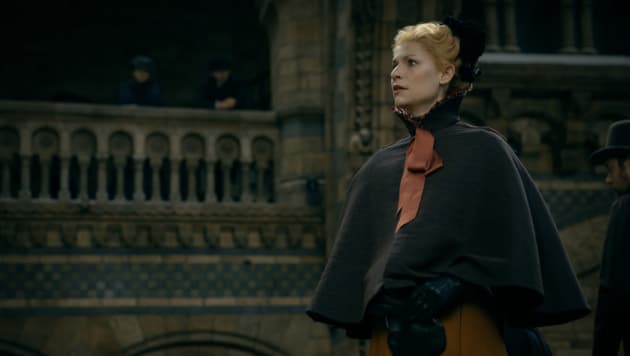According to the powers that be (er, apparently according to Dan Wickett of the Emerging Writers Network), May is Short Story Month. To celebrate, the Literary Hub staff will be recommending a single short story, free to read online, every (work) day of the month. Why not read along with us? Today, we recommend:
“Paper Lantern” by Stuart Dybek
I couldn’t say for certain what my favorite short story is, but I know the one to which I return most often (save, of course, for Joyce’s “The Dead,” but that’s a national mandate so it doesn’t count), the one I think about when I’m driving late at night, the first thing that comes to mind when I see a building in flames. Stuart Dybek’s “Paper Lantern,” an eerie, sexy, melancholy Matryoshka doll of a tale first published in the New Yorker in 1995, begins with lines, “We were working late on the time machine in the little makeshift lab upstairs. The moon was stuck like the whorl of a frozen fingerprint to the skylight.” That tantalizing initial hint at the impossible is all the science fiction we get in this story—a time machine of a different kind (with apologies to Don Draper and the Kodak Carousel). Famished from their labors, the narrator and his fellow scientists decamp to a Chinese laundry-turned-restaurant where they pour over the endless menu of esoteric delicacies, before returning to the sight of their laboratory in flames. What follows is a series of rabbit hole reveries, incited by the hypnotic inferno, in which the narrator remembers the tail end of a tryst with an enigmatic married woman, on the dark roads of the Midwest, many years previous. For fear of diminishing its magic, I’ll say no more about “Paper Lantern,” except that you should listen to it being read by ZZ Packer on the New Yorker’s Fiction Podcast; hers is a recitation as mesmerizing as a burning building.
The story begins:
We were working late on the time machine in the little makeshift lab upstairs. The moon was stuck like the whorl of a frozen fingerprint to the skylight. In the back alley, the breaths left behind by yowling toms converged into a fog slinking out along the streets. Try as we might, our measurements were repeatedly off. In one direction, we’d reached the border at which clairvoyants stand gazing into the future, and in the other we’d gone backward to the zone where the present turns ghostly with memory and yet resists quite becoming the past. We’d been advancing and retreating by smaller and smaller degrees until it had come to seem as if we were measuring the immeasurable. Of course, what we really needed was some new vocabulary of measurement. It was time for a break.




























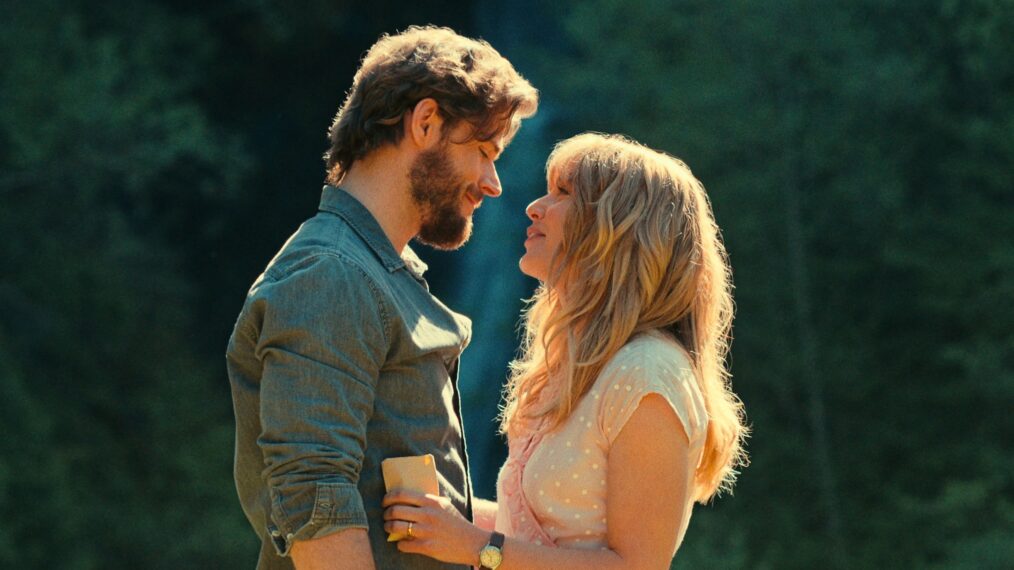







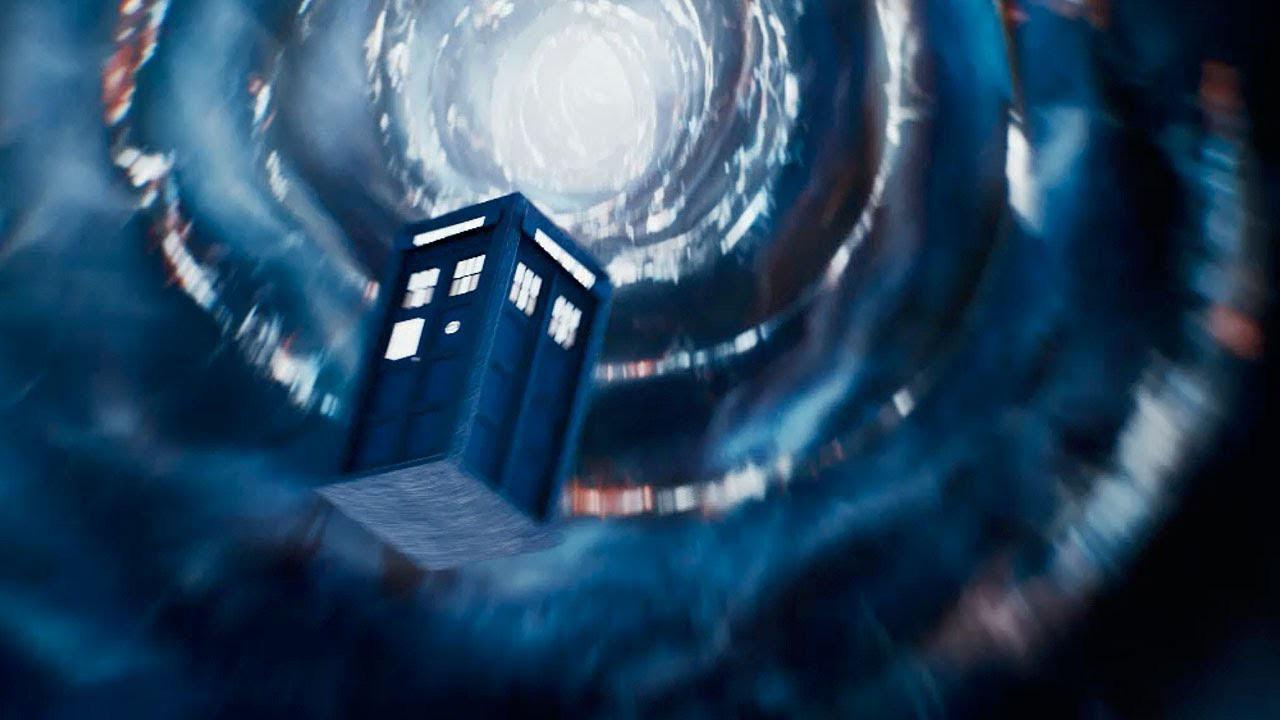










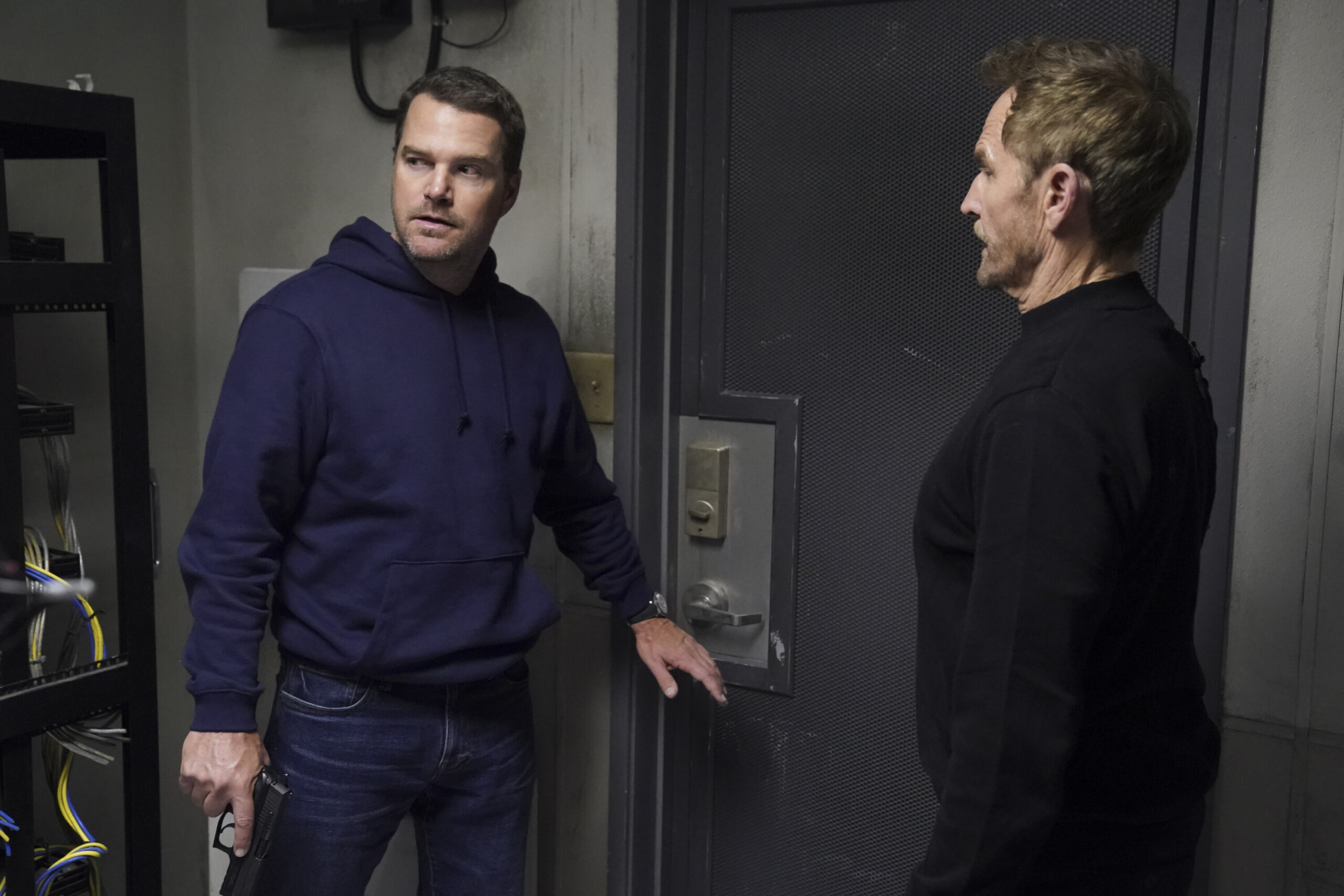



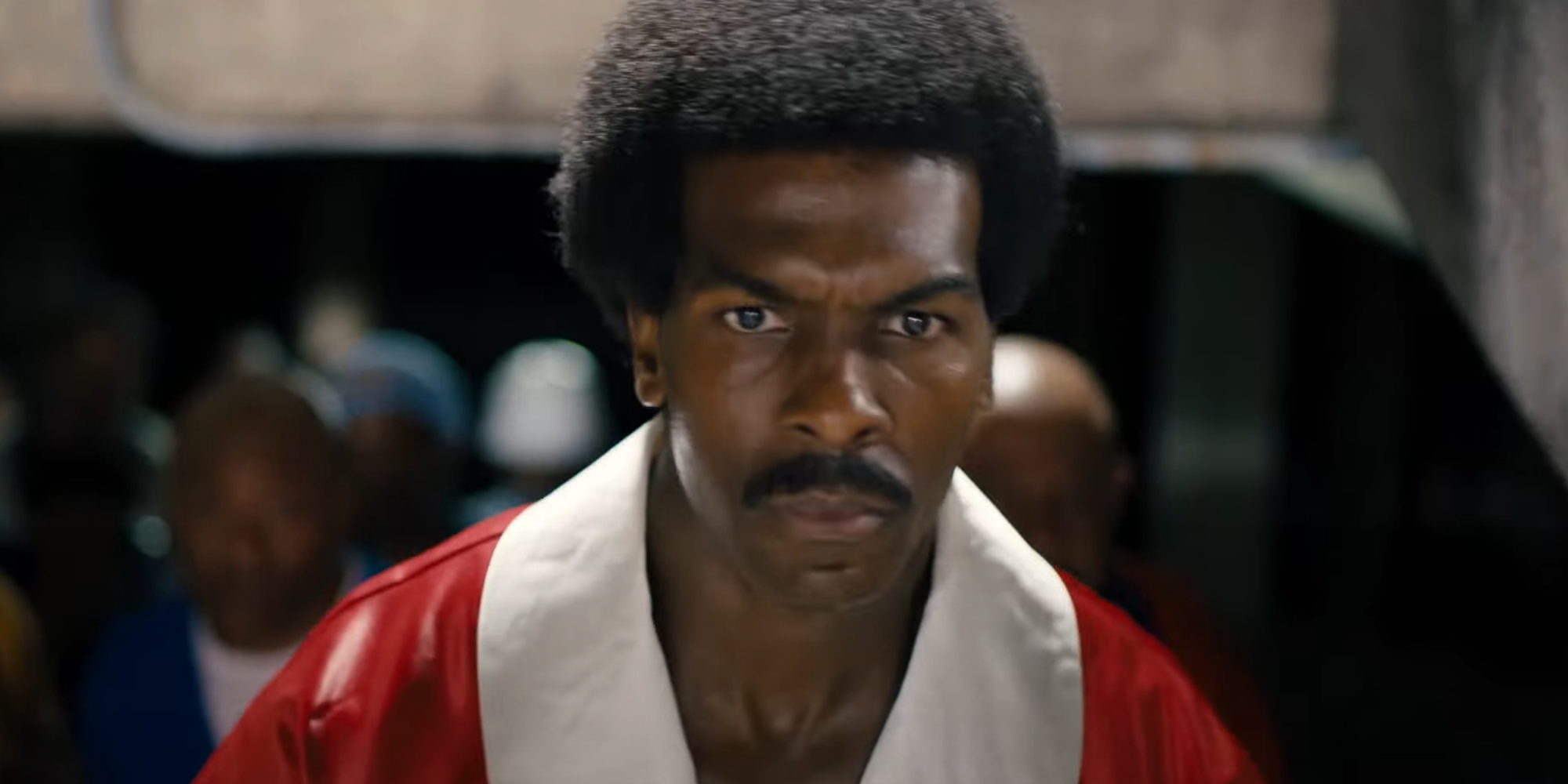

.gif)
